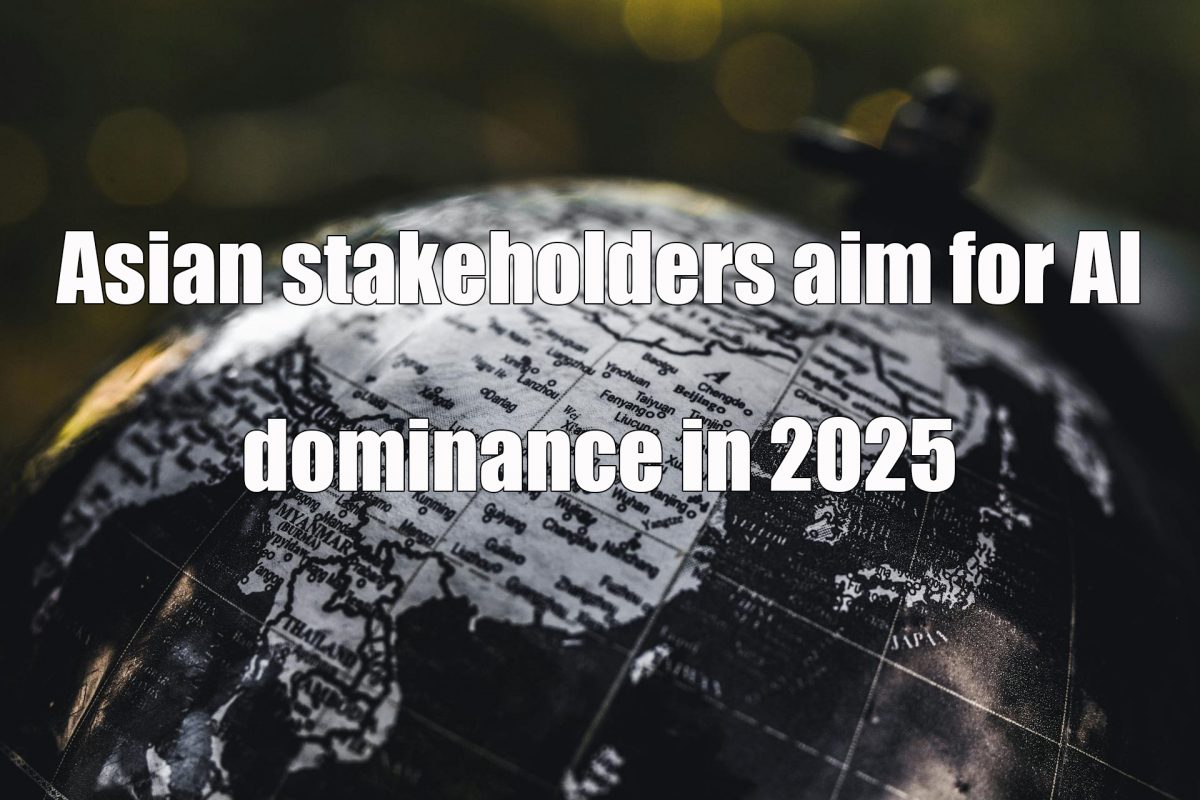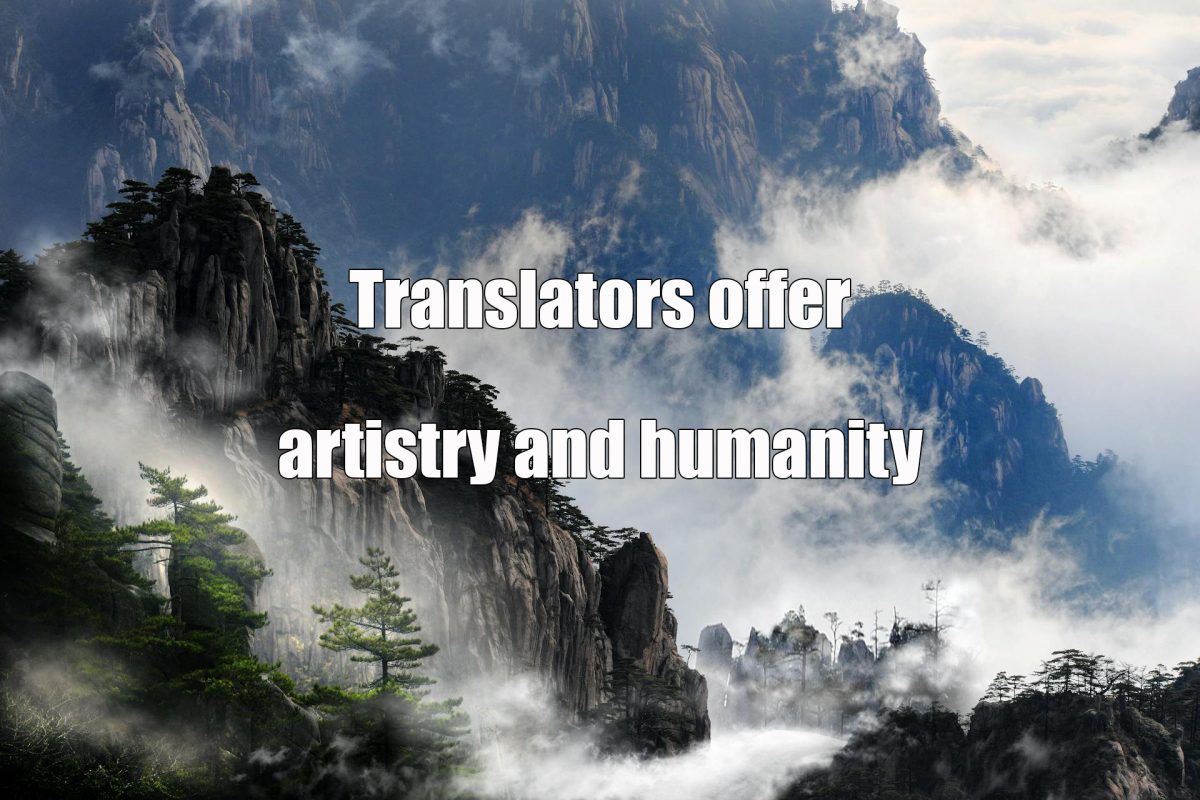
(*Linked or embedded content may have been removed or be unavailable.)
It was difficult in 2024 to go a week without headlines dominated by generative AI, and there’s no sign of that trend stopping in 2025. On the contrary, tech giants are drawing battle lines in a war for global dominance, and Asian countries are a major staging ground where fortunes will be won or lost.
According to Omdia, a technology research and advisory group, China, Japan, and South Korea lead the way in Asian-centered development of AI technology and infrastructure. Between the three countries, they’ve produced over 300 foundation models designed for everything from chatbots to gaming and software development to robotics.
“Asia and Oceania boasts some of the most ambitious vendors in the AI industry building full-stack solutions. Companies such as Alibaba, Baidu, Huawei, Tencent, SK Telecom, and KT are developing proprietary cloud AI chips, infrastructure, frameworks, services, and solutions, with the vision of creating fully differentiated GenAI products and services tailored to regional contexts,” said Lian Jye Su, Chief Analyst of Applied Intelligence at Omdia.
In its report Asia and Oceania: Local and Regional Responses to Generative AI, the advisory group suggests that Asia’s approach to AI development is notable for its greater emphasis on multilingual and multicultural datasets and technologies, drawing a stark contrast with English-led Western AI development.
“Most LLMs used for GenAI development use English and/or other mainstream Western languages,” the report states. “Additional languages are typically not well-supported by the major open source and proprietary GenAI models.”
Omdia expects Asian governments to continue incentivizing AI development through policies and infrastructure development to remain competitive against Western efforts. They also predict that vendors with the greatest emphasis on ethics and governance will win the burgeoning technological arms race.
“GenAI is still nascent and needs to be treated with care,” the report states. “Sellers and adopters of the technology must focus on a solid foundation in data and ethics governance to differentiate themselves and win the trust of their end customers.”
While Asian countries labor to remain competitive with local solutions to Western technology, western AI developers aren’t resting on their laurels. For instance, Google Translate introduced Cantonese to its long list of supported languages this year. DeepL, based out of Cologne, Germany, introduced support for traditional Chinese, a language especially popular in Taiwan and Hong Kong business. And Apple Intelligence aims to add languages like Korean, Vietnamese, and more in 2025. While Western companies will make a hard push for worldwide AI dominance, they’re sure to face stiff competition from Asian countries’ emphasis on locally developed and culturally informed solutions.
“China has demonstrated the importance of having sovereignty over GenAI as the technology becomes increasingly popular and embedded in many industries,” the Omdia report states. “Omdia expects South Korea, Japan, India, and Indonesia to follow the same approach.”
It’s a war that language professionals will be watching carefully as they investigate technologies to augment their translation efficiency. But even as the process of language work changes, the fundamentals remain the same — including the importance of companies partnering with humans-in-the-loop service providers who understand the languages and their accompanying cultures. While companies around the world attempt to build the marketplace’s best toolsets, language service buyers are wise to remember a tool is only as good as the artisan who wields it.
Cameron Rasmussen






